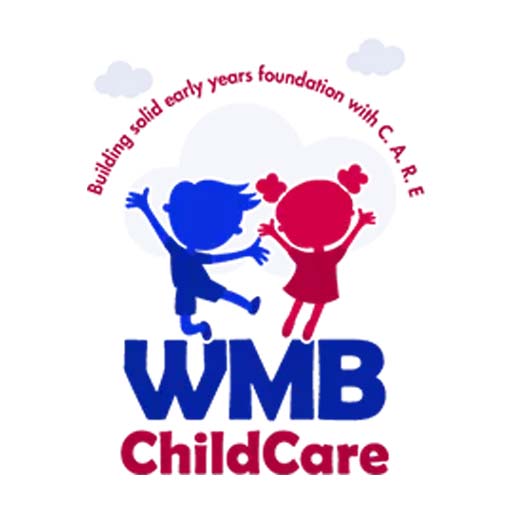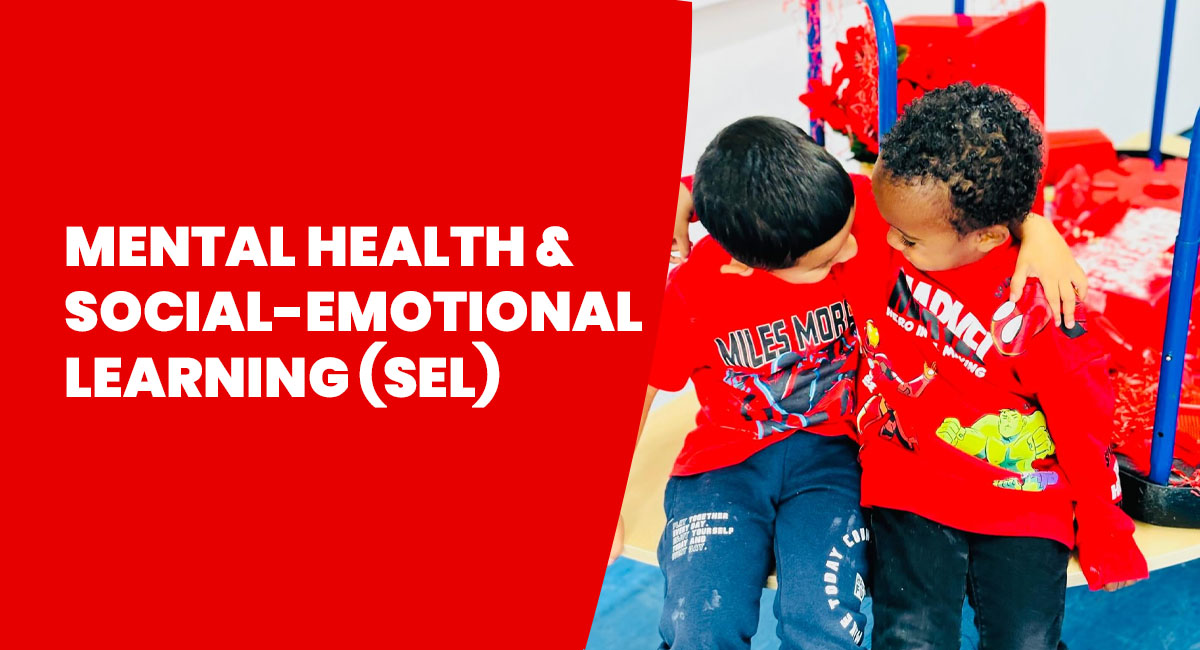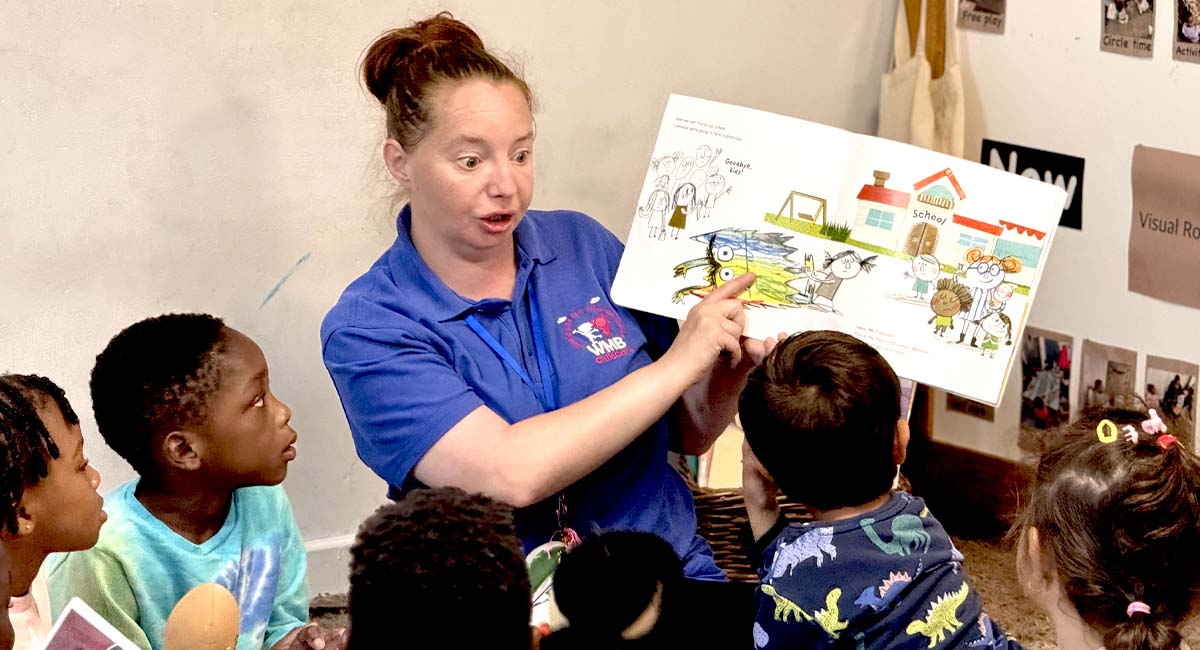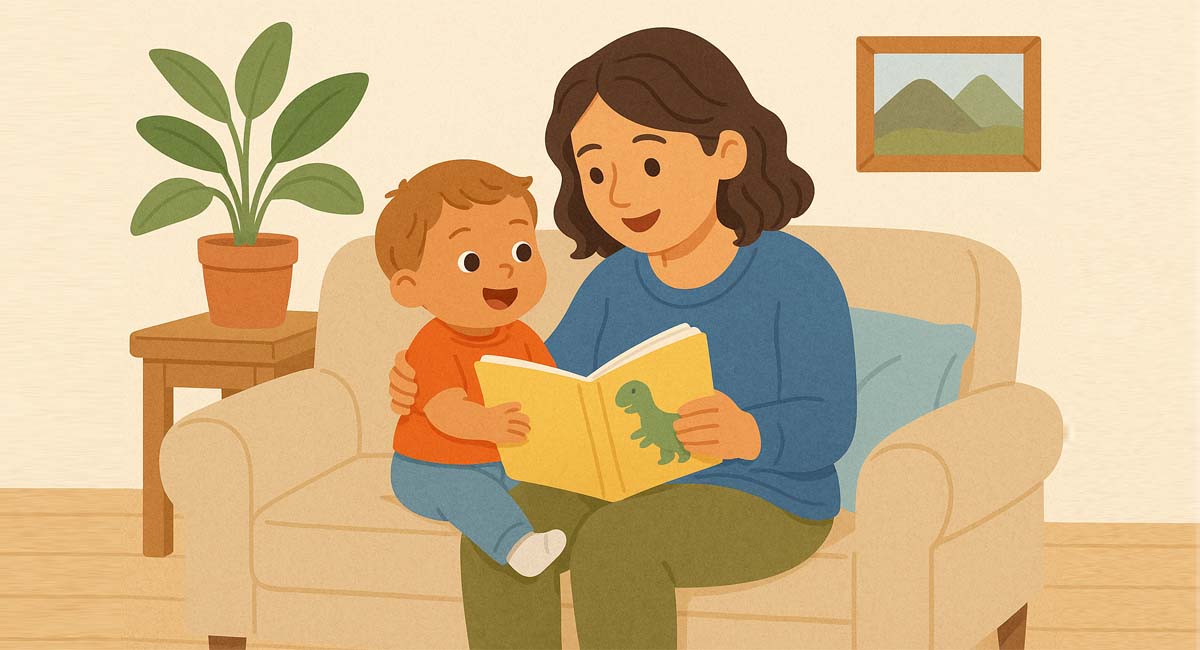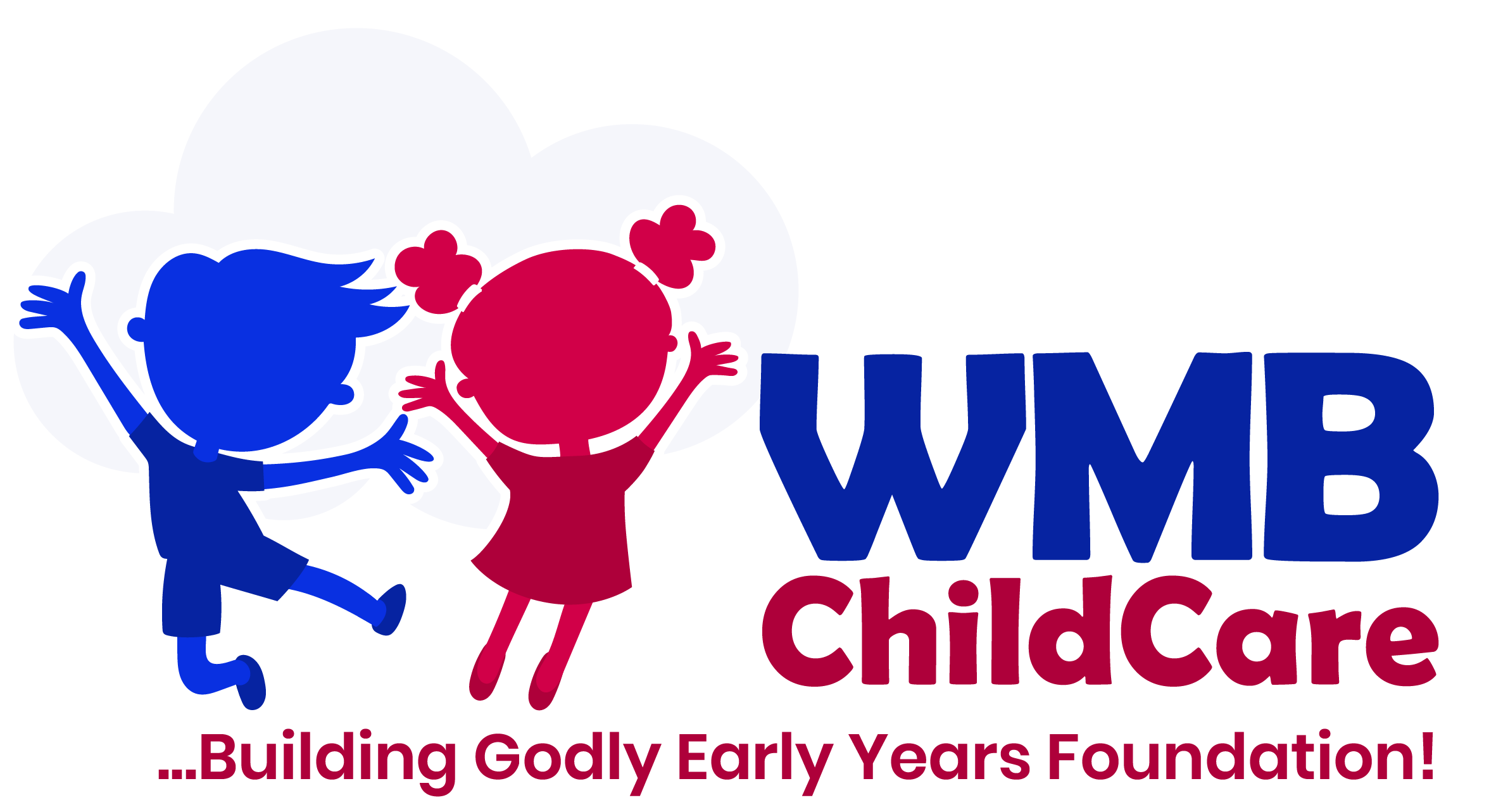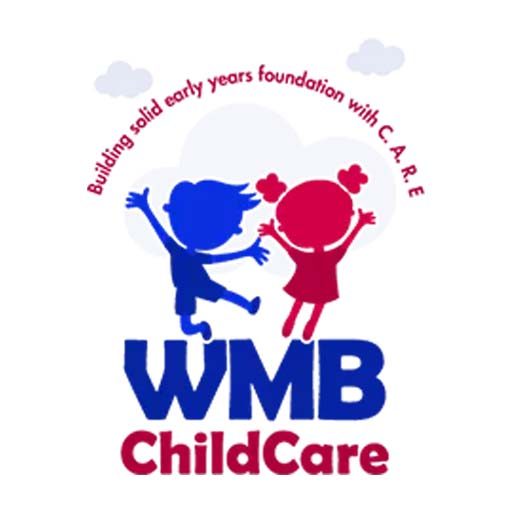Nurturing Well-being in Early Childhood
In today’s fast-paced world, the importance of mental health and social-emotional learning (SEL) in early childhood cannot be overstated. As we move into 2024, educators and parents alike are placing greater emphasis on these aspects of child development, recognizing that a strong emotional foundation is crucial for a child’s overall well-being and success.
Understanding Social-Emotional Learning (SEL)
Social-Emotional Learning (SEL) is the process through which children develop the skills to understand and manage their emotions, establish positive relationships, and make responsible decisions. SEL is not just an educational trend; it’s a vital part of a child’s development that impacts every aspect of their lives. By integrating SEL into early childhood education, we help children develop empathy, resilience, and a sense of self-awareness, which are key components of mental health.
The Growing Need for SEL in Early Education
The challenges of the modern world, from digital overload to the lingering effects of the pandemic, have made SEL more critical than ever. Children today are exposed to a variety of stressors that can affect their emotional and mental well-being. SEL equips them with the tools to navigate these challenges effectively. According to recent studies, children who receive SEL instruction show improved academic performance, better emotional regulation, and decreased levels of anxiety and depression.
How SEL Supports Mental Health
1. Building Emotional Literacy
Emotional literacy is the ability to recognize and understand one’s own emotions and the emotions of others. In early childhood, this skill is foundational. By teaching children to identify their feelings, we empower them to express themselves in healthy ways. Activities like “emotion check-ins” where children name their feelings, or using storytime to discuss characters’ emotions, can significantly boost a child’s emotional intelligence.
2. Promoting Mindfulness
Mindfulness practices in early education encourage children to focus on the present moment, helping them to manage stress and anxiety. Simple activities like guided breathing exercises, mindful listening, or even short meditation sessions can be incredibly effective. These practices not only help children calm their minds but also improve their concentration and self-control.
3. Encouraging Positive Social Interactions
SEL fosters positive social interactions by teaching children the importance of empathy, cooperation, and conflict resolution. Group activities that require teamwork or role-playing can help children learn how to navigate social situations, build friendships, and resolve conflicts peacefully. These experiences are essential for developing strong interpersonal skills that will serve them throughout life.
4. Developing Resilience
Resilience is the ability to bounce back from challenges and setbacks. By integrating SEL into the curriculum, educators can help children develop this critical skill. Resilience-building activities might include discussing how to handle failure, setting and achieving goals, or exploring stories of perseverance. These activities teach children that it’s okay to face difficulties and that they have the inner strength to overcome them.
Practical Ways to Integrate SEL into Daily Routines
1. Daily Check-ins
Start the day with a circle time where children can share how they’re feeling. This not only helps children become more aware of their emotions but also creates a supportive classroom environment.
2. Storytelling and Role Play
Use stories and role-play to explore different emotions and scenarios. This allows children to practice empathy and problem-solving in a safe and guided setting.
3. Mindfulness Breaks
Incorporate short mindfulness breaks throughout the day. This could be as simple as a few minutes of deep breathing, focusing on the sounds around them, or a quiet moment of reflection.
4. Parent-Teacher Collaboration
Encourage open communication between parents and educators about children’s emotional development. Workshops and resources for parents can help them reinforce SEL practices at home.
Conclusion
As we embrace 2024, the focus on mental health and SEL in early childhood education will continue to grow. By prioritizing these aspects, we not only support the emotional well-being of children but also lay the foundation for their future success. In a world where emotional intelligence is just as important as cognitive skills, integrating SEL into early education is not just beneficial—it’s essential.
